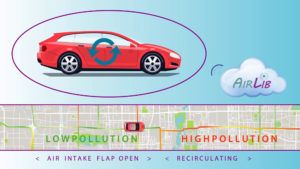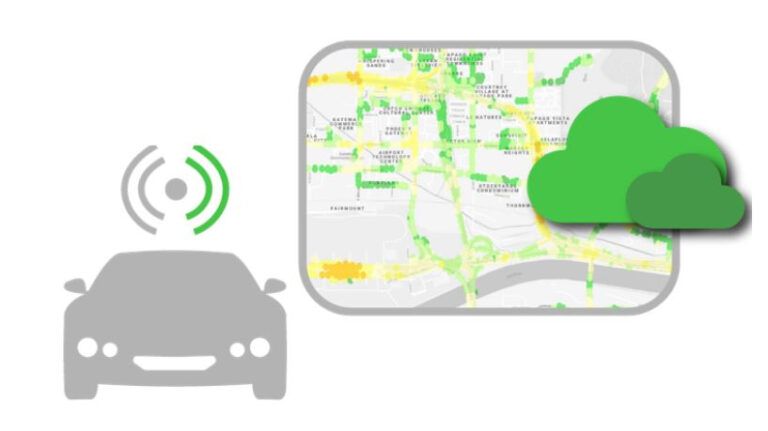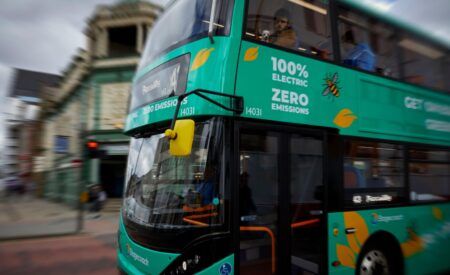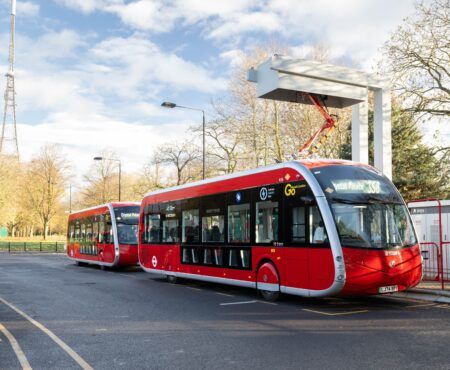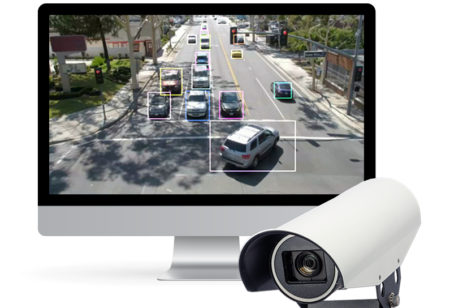AirLib has revealed a new data collection process for creating high-resolution, real-time urban air quality mapping that radically cuts deployment costs by making use of the massive pool of millions of automotive air quality sensors.
Founded in 2015, the Arizona-based company’s proprietary data engine captures up-to-the-minute hyperlocal information, so smart cities, car manufacturers, and people can take action against air pollution exposure. For more than a year, the AirLib system has been mapping pollution on thousands of miles of roadways in Phoenix, Arizona. The company is also currently running in California’s San Francisco Bay Area, and is launching in two major European cities. Over 100 vehicles have been linked to the AirLib platform in the past 12 months and hundreds of thousands of miles of data has been collected. By partnering with cities, taxi and fleet companies, as well as high-mileage drivers, AirLib expects these numbers to multiply 10 times in the coming year.
With 300 grid points per square mile, AirLib maps have 7,000 times the spatial resolution and more than 60 times the temporal resolution of typical government air monitoring networks. The resulting spatial-temporal resolution is strikingly greater than what currently exists, and is necessary to address the highly variable nature of urban air pollution. AirLib will help hundreds of millions of pedestrians, bikers, joggers, and drivers breathe better in urban centers by using air quality-based navigation to select healthier routes. Data from AirLib air quality maps will allow cities to identify sensitive areas and take appropriate measures regarding traffic control, public transportation and urban planning.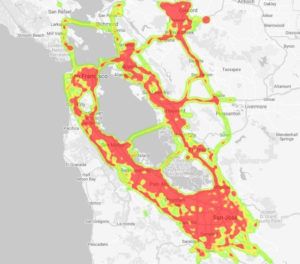
AirLib will also allow auto makers to implement new connected car features including cabin air quality optimization with automated air recirculation, as well as geofencing strategies. For example, hybrid and internal combustion vehicles will automatically revert to eco-friendly modes in locations with poor air quality. These geofencing features not only help reduce air pollution, but also earn automotive manufacturers CAFE (Corporate Average Fuel Efficiency) credits.
“The worst air we breathe is in traffic, and most of us spend more than 100 hours in it per year,” said Herve Borrel, AirLib’s CEO. “That is why we created AirLib. We can gather huge amounts of data to achieve the best air pollution mapping resolution in space and time, and affordably deliver it on a global scale.”